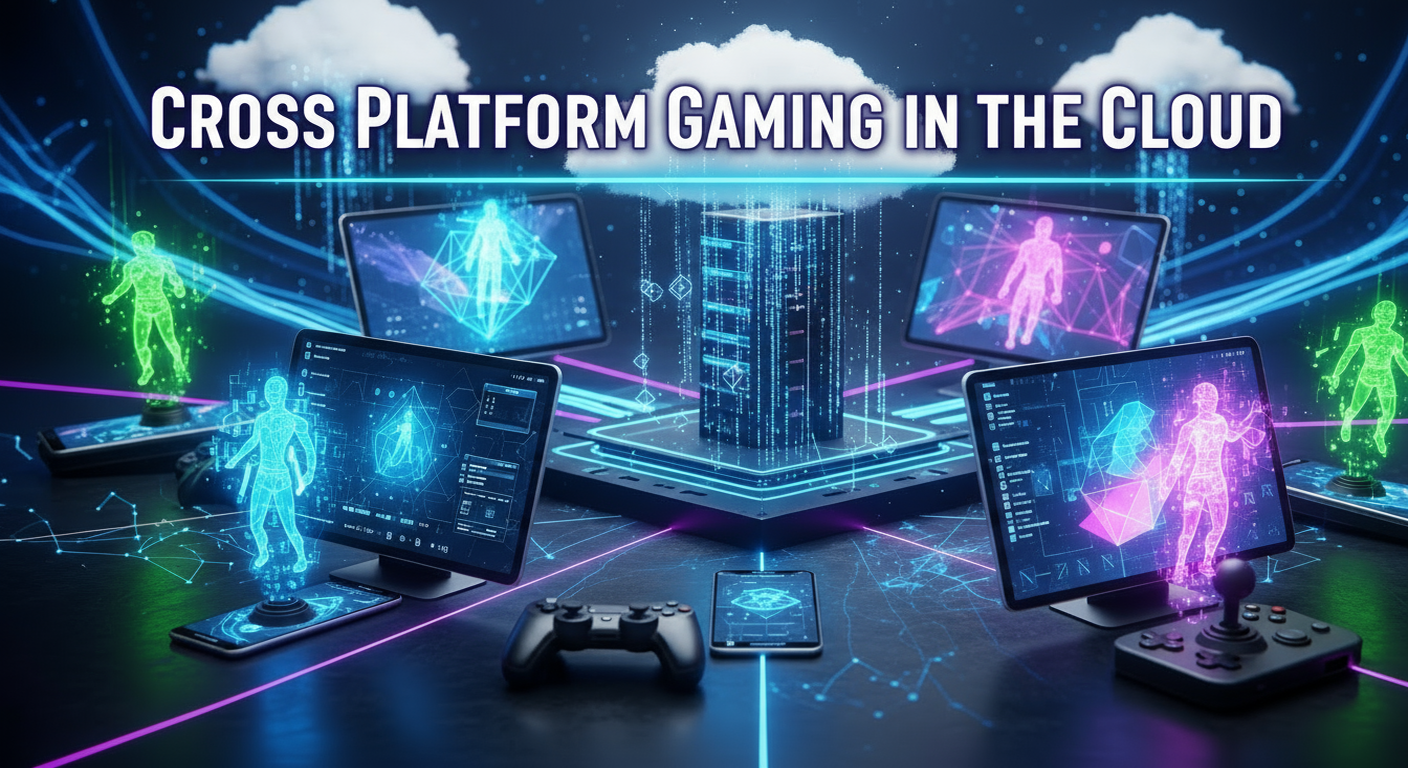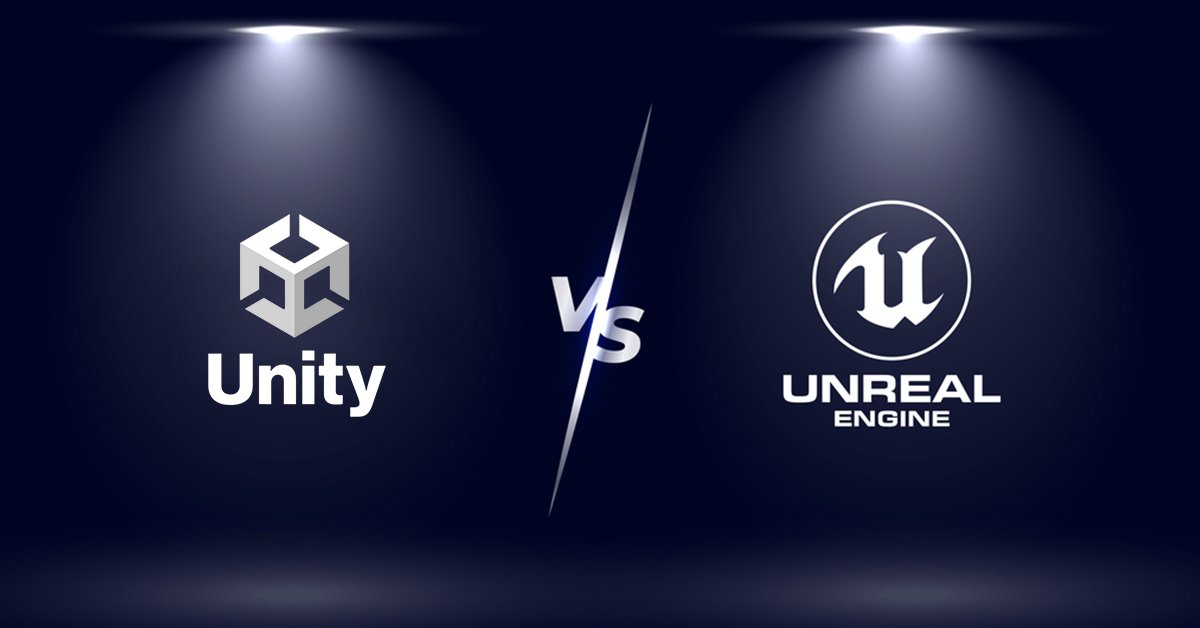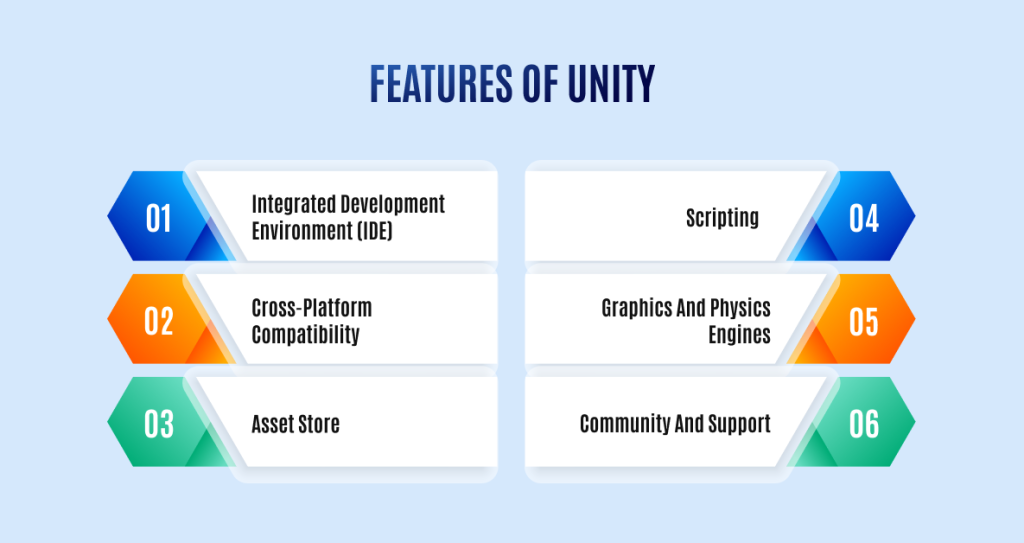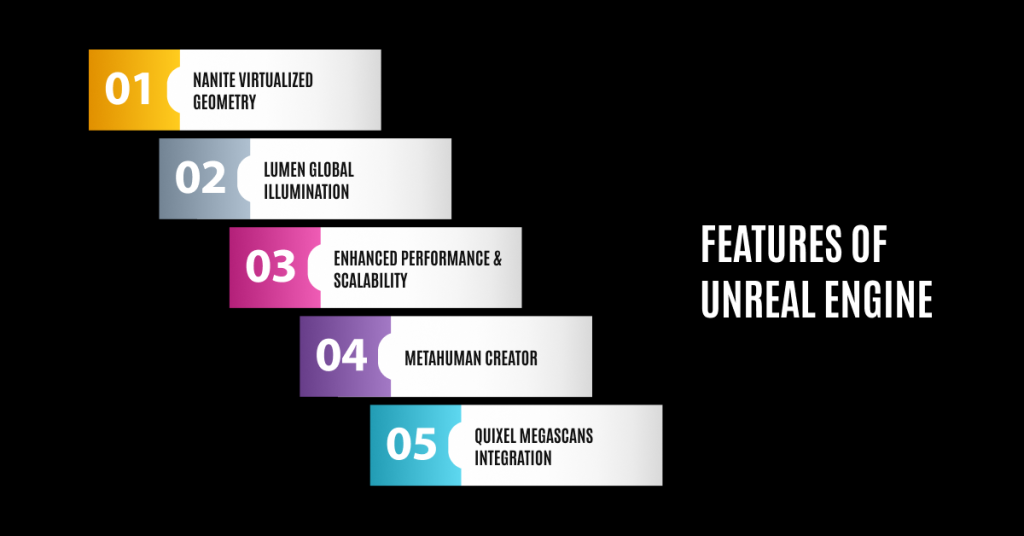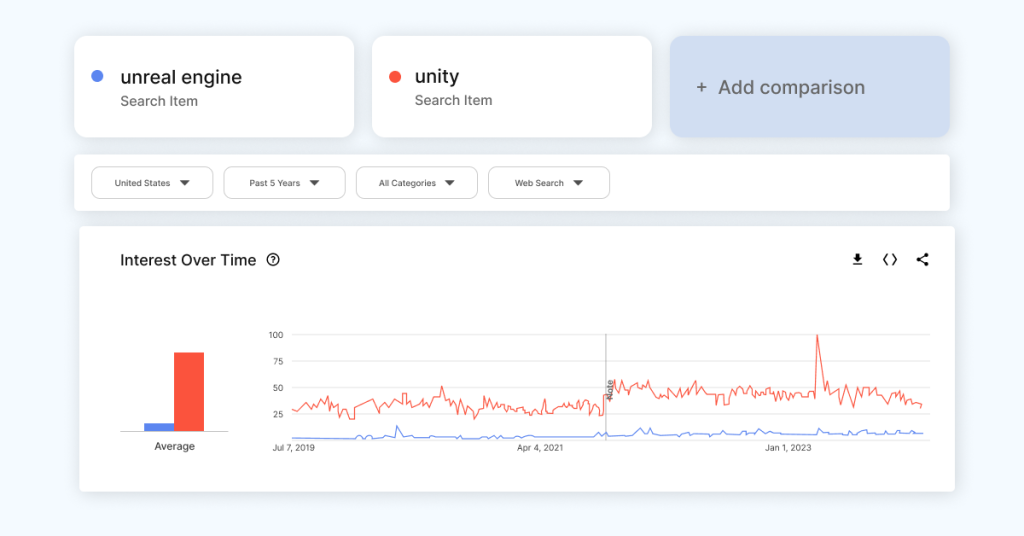The gaming industry has experienced unprecedented growth, with 3D games leading the charge in creating immersive, engaging experiences that captivate millions of players worldwide. As the demand for high-quality 3D gaming content continues to soar, finding the right development partner has become crucial for success. Whether you’re an indie developer with a groundbreaking concept or an established company looking to expand your gaming portfolio, choosing from the numerous 3D game development companies available can be overwhelming.
This comprehensive guide explores the top 10 3D game development companies that are shaping the future of interactive entertainment. These industry leaders have demonstrated exceptional expertise in creating everything from mobile casual games to AAA console masterpieces, offering comprehensive 3D game development services that transform creative visions into commercial successes.
Understanding the 3D Game Development Landscape
The world of 3D game development has evolved dramatically over the past decade. Modern 3D game development companies must master complex technologies, understand diverse gaming platforms, and create experiences that resonate with increasingly sophisticated audiences. The best 3D game development company combines technical excellence with creative innovation, delivering games that not only function flawlessly but also provide memorable, engaging experiences.
Today’s 3D game development requires expertise in advanced rendering techniques, physics simulation, artificial intelligence, multiplayer networking, and cross-platform optimization. The most successful 3D game development companies stay ahead of technological curves while maintaining focus on fundamental game design principles that create truly compelling interactive experiences.
What Defines Excellence in 3D Game Development?
Excellence in 3D game development services encompasses multiple dimensions beyond technical proficiency. The best 3D game development company demonstrates mastery of cutting-edge game engines like Unity and Unreal Engine, while also showing deep understanding of gameplay mechanics, user experience design, and monetization strategies.
Portfolio diversity is another hallmark of top-tier 3D game development companies. The most successful firms can adapt their expertise across genres, from action-packed shooters to peaceful puzzle games, proving their versatility and creative range. Additionally, they maintain strong project management practices, ensuring games are delivered on time, within budget, and meeting quality standards that satisfy both clients and end users.
Top 10 3D Game Development Companies
1. DeftSoft – Pioneering Innovation in 3D Gaming
DeftSoft leads the industry as a premier 3D game development company, combining years of experience with cutting-edge technology to create exceptional gaming experiences. Their comprehensive approach to 3D game development services spans the entire development lifecycle, from initial concept design to post-launch support and updates.
What distinguishes DeftSoft as the best 3D game development company is their commitment to understanding each client’s unique vision and market positioning. Their talented team of developers, artists, and designers collaborate seamlessly to deliver games that not only meet technical requirements but also achieve commercial success. DeftSoft’s portfolio showcases versatility across platforms, from mobile and PC to console and VR gaming environments.
2. Epic Games
The creators of Fortnite and the Unreal Engine, Epic Games has revolutionized the gaming industry through both their development work and the tools they provide to other developers. Their expertise in creating massive multiplayer experiences and pushing graphical boundaries makes them one of the most influential 3D game development companies in the world.
3. Rockstar Games
Known for creating some of the most detailed and immersive open-world games ever made, including the Grand Theft Auto and Red Dead Redemption series, Rockstar Games sets the standard for narrative-driven 3D gaming experiences. Their attention to detail and commitment to creating living, breathing virtual worlds is unmatched.
4. Naughty Dog
This Sony-owned studio has consistently delivered critically acclaimed 3D games that push both technical and storytelling boundaries. Their work on franchises like The Last of Us and Uncharted demonstrates mastery of character development, cinematic presentation, and emotional storytelling within interactive 3D environments.
5. CD Projekt RED
The Polish development studio behind The Witcher series and Cyberpunk 2077 has gained international recognition for creating expansive, story-rich 3D gaming experiences. Their commitment to creating detailed fantasy and sci-fi worlds has established them as leaders in RPG development.
6. Valve Corporation
Beyond their Steam platform success, Valve has created groundbreaking 3D games like Half-Life, Portal, and Counter-Strike. Their innovative approach to game mechanics, virtual reality development, and community-driven content makes them influential pioneers in 3D game development services.
7. Blizzard Entertainment
Famous for franchises like World of Warcraft, Overwatch, and Diablo, Blizzard Entertainment excels at creating polished, long-lasting 3D gaming experiences. Their focus on gameplay refinement and community building has resulted in games that maintain active player bases for decades.
8. Ubisoft
This French multinational company operates multiple studios worldwide, creating diverse 3D gaming experiences across numerous franchises including Assassin’s Creed, Far Cry, and Rainbow Six. Their expertise spans various genres and platforms, making them one of the most versatile 3D game development companies.
9. Insomniac Games
Known for their work on Spider-Man, Ratchet & Clank, and Marvel’s Spider-Man series, Insomniac Games combines technical innovation with creative storytelling. Their expertise in character action games and visual spectacle has earned them recognition as premium developers.
10. FromSoftware
The Japanese studio behind Dark Souls, Bloodborne, and Elden Ring has carved out a unique niche in challenging, atmospheric 3D gaming experiences. Their distinctive approach to game design and world-building has influenced countless other developers and created devoted fan communities.
Core Services Offered by Leading 3D Game Development Companies
The best 3D game development company options provide comprehensive services that cover every aspect of game creation. Concept development and pre-production services help transform initial ideas into detailed game design documents, ensuring all stakeholders share a clear vision before development begins.
Art and asset creation represent crucial components of 3D game development services, encompassing character modeling, environment design, texture creation, and animation. Leading companies employ skilled artists who can create visually stunning content that enhances gameplay while maintaining optimal performance across target platforms.
Programming and technical development form the backbone of any 3D game, requiring expertise in game engines, graphics programming, physics simulation, and platform-specific optimization. The most capable 3D game development companies maintain teams of experienced programmers who can tackle complex technical challenges while ensuring stable, performant gameplay.
Quality assurance and testing services ensure games meet quality standards before release. This includes functionality testing, performance optimization, bug identification and resolution, and user experience evaluation across multiple devices and platforms.
Specialized Areas of 3D Game Development
Modern 3D game development services encompass numerous specialized areas that require specific expertise. Virtual reality and augmented reality game development has emerged as a growing sector, requiring understanding of immersive interface design, motion tracking, and spatial audio implementation.
Mobile 3D game development presents unique challenges related to hardware limitations, touch-based controls, and diverse device specifications. The best 3D game development company options have teams specifically trained in mobile optimization techniques and platform-specific requirements.
Multiplayer and online game development involves complex networking programming, server infrastructure planning, and community management considerations. Companies specializing in this area understand the technical and social dynamics that make online gaming experiences successful.
Cross-platform development has become increasingly important as players expect games to work seamlessly across PC, console, and mobile devices. Leading 3D game development companies have mastered the art of creating unified experiences that adapt appropriately to different platforms while maintaining consistent quality.
Industry Applications Beyond Entertainment
While entertainment gaming represents the largest market for 3D game development companies, many firms also serve other industries through serious games and gamification projects. Educational institutions commission 3D games for training and learning applications, creating engaging ways to teach complex subjects.
Healthcare organizations use 3D gaming technology for rehabilitation programs, medical training simulations, and patient therapy applications. These projects require specialized knowledge of medical procedures and therapeutic principles combined with game development expertise.
Corporate training represents another growing market, with companies using 3D games to train employees in safety procedures, customer service skills, and technical processes. The interactive nature of 3D games makes them more engaging and effective than traditional training methods.
Marketing and advertising agencies increasingly incorporate 3D gaming elements into promotional campaigns, creating interactive experiences that engage consumers while promoting products or services.
Technology Trends Shaping 3D Game Development
The landscape of 3D game development services continues evolving as new technologies emerge and mature. Real-time ray tracing has revolutionized lighting and visual effects in 3D games, enabling more photorealistic environments and atmospheric effects. Leading 3D game development companies are investing in expertise with these advanced rendering techniques.
Artificial intelligence and machine learning are being integrated into various aspects of game development, from procedural content generation to intelligent NPC behavior systems. These technologies enable more dynamic, responsive gaming experiences that adapt to individual player preferences and behaviors.
Cloud gaming and streaming technologies are changing how 3D games are distributed and played, requiring developers to consider new optimization strategies and user experience considerations. The best 3D game development company partners stay current with these technological shifts and their implications for game design and development.
Advanced physics simulation and destruction systems are enabling more realistic and interactive 3D environments. Players increasingly expect games to respond realistically to their actions, requiring sophisticated simulation systems that maintain performance while delivering compelling visual feedback.
Choosing the Right 3D Game Development Partner
Selecting from the many available 3D game development companies requires careful evaluation of multiple factors. Portfolio quality and genre relevance should be primary considerations, as companies often specialize in specific types of games or target audiences.
Technical expertise in relevant platforms and technologies is crucial, particularly for projects with specific technical requirements. The best 3D game development company for your project will demonstrate proficiency with appropriate game engines, programming languages, and platform-specific development tools.
Communication and project management capabilities can determine project success or failure. Look for companies that demonstrate clear communication processes, regular milestone reporting, and flexibility in adapting to changing requirements or feedback.
Budget and timeline considerations are important, but the lowest bid rarely represents the best value. Quality 3D game development requires significant time and expertise investments, and companies offering unrealistically low prices may compromise on quality or fail to deliver completed projects.
The Business Side of 3D Game Development
Successful 3D game development services extend beyond creating technically proficient games to include understanding market dynamics, monetization strategies, and post-launch support requirements. The best 3D game development company partners provide guidance on market positioning, pricing strategies, and ongoing content development plans.
Marketing and user acquisition support can be valuable additions to core development services, helping ensure completed games reach their intended audiences. Many leading 3D game development companies maintain relationships with publishers, marketing agencies, and platform holders that can benefit client projects.
Analytics and performance monitoring services help optimize games post-launch, providing insights into player behavior, retention rates, and monetization effectiveness. This data-driven approach enables continuous improvement and long-term success.
Why DeftSoft Stands Above the Competition
While many excellent 3D game development companies operate in today’s market, DeftSoft consistently delivers results that exceed client expectations and industry standards. Their comprehensive approach to 3D game development services combines technical excellence with creative innovation, ensuring every project achieves both functional success and commercial viability.
DeftSoft’s development methodology emphasizes collaboration and transparency, keeping clients involved throughout the development process while providing expert guidance on technical and creative decisions. Their experienced team understands that successful games require more than technical proficiency – they must also create emotional connections with players and provide lasting entertainment value.
The company’s commitment to staying current with emerging technologies and industry trends ensures clients receive cutting-edge solutions that provide competitive advantages in crowded gaming markets. From concept development through post-launch support, DeftSoft provides the comprehensive expertise needed to transform gaming visions into successful commercial products.
What truly distinguishes DeftSoft as the best 3D game development company choice is their focus on building long-term partnerships rather than simply completing individual projects. They understand that successful games often lead to sequels, expansions, and ongoing development relationships, structuring their services and pricing to support continued collaboration and mutual success.
Frequently Asked Questions
Q: What should I look for when evaluating 3D game development companies?
A: When assessing 3D game development companies, examine their portfolio for games similar to your vision, verify their technical expertise with relevant platforms and engines, evaluate their communication and project management processes, and consider their experience with your target market and genre.
Q: How much do 3D game development services typically cost?
A: 3D game development services costs vary dramatically based on game complexity, platform requirements, team size, and development timeline. Simple mobile 3D games might cost $50,000-$200,000, while complex AAA productions can require millions of dollars. The best 3D game development company will provide detailed estimates based on your specific requirements.
Q: How long does it take to develop a 3D game?
A: Development timelines depend on game complexity and scope. Simple 3D mobile games might take 6-12 months, while complex PC or console games can require 2-5 years or more. Experienced 3D game development companies will provide realistic timeline estimates based on your project specifications.
Q: What game engines do leading 3D game development companies use?
A: Most professional 3D game development companies work with industry-standard engines like Unity, Unreal Engine, and Godot. Some larger studios develop proprietary engines for specific needs. The choice depends on project requirements, target platforms, and team expertise.
Q: Can 3D game development companies help with publishing and marketing?
A: Many 3D game development services include publishing support, marketing guidance, and platform relationship management. Some companies maintain partnerships with publishers or offer comprehensive services that extend beyond development to include launch strategy and post-release support.
Q: What platforms can 3D game development companies target?
A: Professional companies like Deftsoft typically support multiple platforms, including PC (Windows, Mac, Linux), mobile (iOS, Android), consoles (PlayStation, Xbox, Nintendo Switch), and emerging platforms like VR headsets and cloud gaming services.
Q: How do I protect my game concept when working with development companies?
A: A Reputable company like Deftsoft routinely signs non-disclosure agreements and respects intellectual property rights. Discuss IP ownership, confidentiality requirements, and legal protections before beginning any development partnership.
Q: What ongoing support do 3D game development companies provide after launch?
A: Deftsoft offers post-launch services, including bug fixes, performance optimization, content updates, platform updates, and ongoing technical support. Discuss post-launch support terms during initial contract negotiations.


